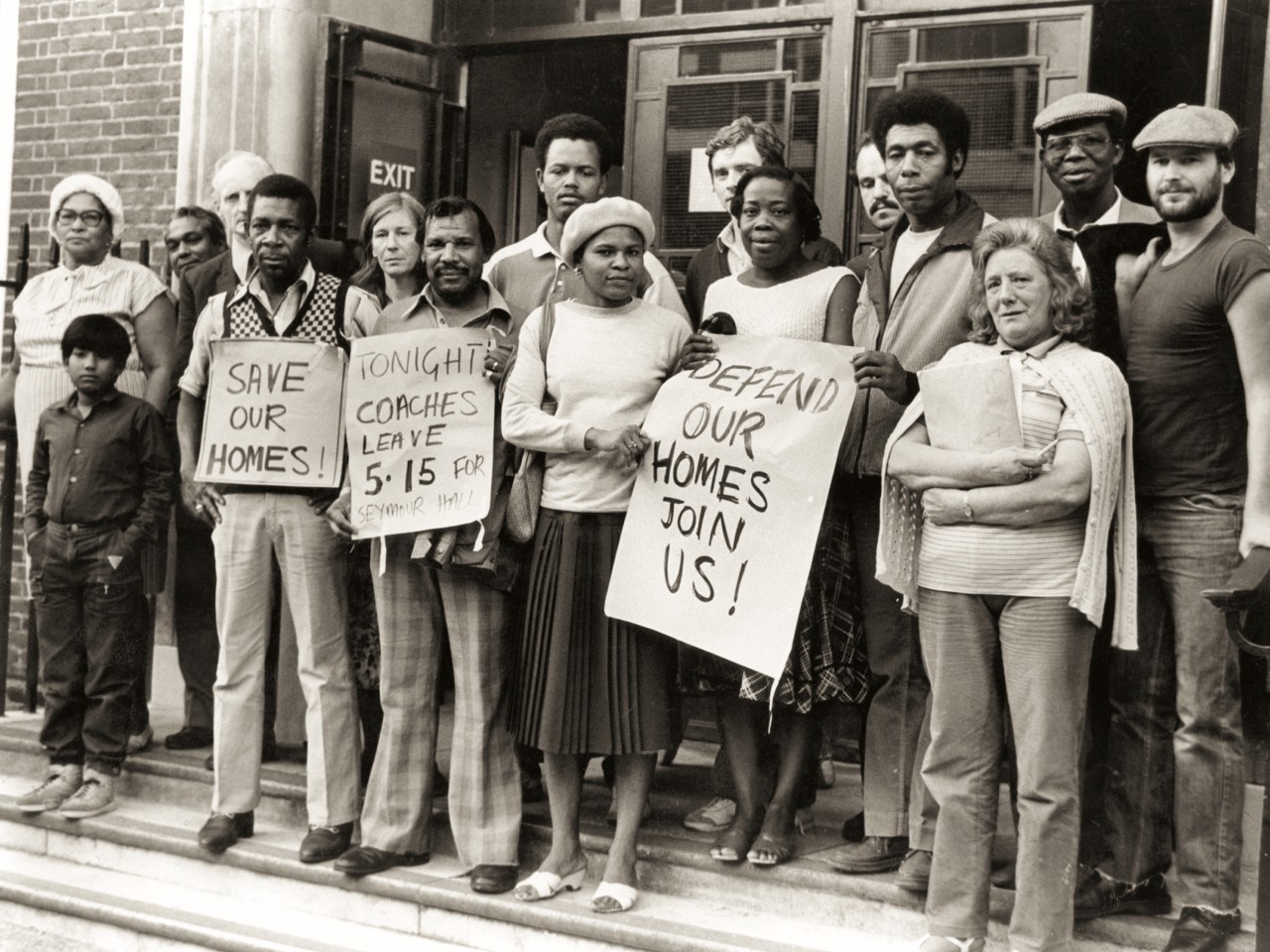Greg Campbell, Partner at Campbell Tickell, discusses Ireland’s housing regulation journey and the details of the new Housing (Regulation of Approved Housing Bodies) Bill 2019
Ireland has a major housing crisis, in terms of both supply and affordability. Some 9,000 people across the country are homeless, with nearly 100,000 on waiting lists. There has been a significant increase in the number of families becoming homeless, and repossessions have been rising.
Children comprise more than one-third of those in emergency accommodation. Meanwhile, housing costs, especially in the private rented sector, have been increasing, and the Dublin area in particular has become increasingly unaffordable, especially for people looking to move there from outside, such as to access employment opportunities.
In proportion to its population, Ireland has a worse housing crisis than the UK. The government has various funding programmes in place to increase supply (see for instance the articles from John O’Connor and Kathleen McKillion), and much is channeled in low-cost loans from the Housing Finance Agency. But it remains a significant challenge to meet the expectations of the Rebuilding Ireland action plan (see David D’Arcy’s article).
Why AHB regulation is needed
In this context, finding new routes for approved housing bodies (AHBs) to fund more social housing is critical. Regulation of the AHB sector is part of the answer – ensuring that housing associations are well-governed, financially viable and well managed, providing homes and services that meet the needs and reasonable expectations of present and future tenants and local authority partners.
Organisations that are sufficiently robust and well organised will be in a far stronger position to be able to access commercial loans, alongside government funding, in order to drive up the supply of high quality, affordable housing. The UK experience has been that regulation has been worth around 50 basis points in lower borrowing costs for housing development.
The Voluntary Regulation Code was launched in 2013 by the then housing minister Jan O’Sullivan. While it is voluntary for AHBs to sign up, in practice it is a requirement in order to qualify for relevant government funding programmes. Naturally enough, all of the larger and medium sized AHBs have signed up to the code, together with a considerable number of smaller AHBs. In total, 275 of Ireland’s 520 AHBs have signed up thus far, including all 19 of the Tier 3 (over 300 homes) organisations, 54 at Tier 2 (51-300 homes), and 202 at Tier 1 (up to 50 homes).
While the code sets general principles in relation to governance, financial management, property asset management and tenant services, the detail in these areas has been developed over the past five years by the Housing Agency’s Regulation Office – which is accountable to the Interim Regulatory Committee, pending voluntary regulation becoming a statutory regime.
So in 2015, the Financial Standard was launched, followed in 2017 by the Governance Standard and, late last year, by the Performance Standard. Campbell Tickell has worked with the Regulation Office to develop all three standards, each of which involved consultation with the Irish Council for Social Housing as the AHBs’ trade body, as well as with AHBs themselves at board and executive levels.
The new Bill
Now that this ‘package’ is complete, legislation is due to follow, to give regulation statutory force. In late July this year, the Housing (Regulation of Approved Housing Bodies) Bill 2019 was published. It contains provisions for establishing the Approved Housing Bodies Regulator as a new standalone body, reporting to a committee whose members are appointed by the minister.
Existing Housing Agency Regulation Office staff will transfer to the new regulator, whose principal functions will be to:
The key provisions in the Bill include:
This is an important milestone on the journey to enabling AHBs to step up and meet the challenges of housing supply and quality in the numbers required. Also, it will give the regulator new powers to take action in instances of poor practice, which have in individual cases damaged the reputation of the wider charitable and non-profit sector. The Bill is now being debated in the Dáil and the government seems keen for it to be approved by the end of the year for potential implementation in 2020.
Reclassification of AHBs as ‘public sector’ bodies
One aspect lurks in the background to regulation, which is the reclassification of most Tier-3 AHBs as public sector bodies subject to state control. If not reversed, this will have a significant impact on the existence of an independent AHB sector and on its ability to meet the expectations of Rebuilding Ireland.
UK experience
Where a similar reclassification took place in each of the UK jurisdictions, it was based on the powers of the respective housing regulators and their positioning within government. The solutions involved essentially reducing those regulatory powers, in order to justify returning housing associations to their previous classification as private sector bodies.
In Ireland, however, given that regulation has been formally voluntary, the reclassification has been on the basis of (a) the proportion of the funding of the largest AHBs that comes from the state, and (b) the weak link between social rent levels and economic or market rents.
Next steps
It appears that the proposed regulatory regime in the Bill is likely to avoid a new public sector classification being based on the regulatory powers link to government (and no doubt the government has obtained legal advice on this question). It still does not get around the existing public sector classification based on both funding and rent-setting, which remains to be addressed another day (see Kathleen McKillion’s article), and is an area on which Campbell Tickell has been advising a number of the larger AHBs.
To discuss this article, contact Greg Campbell : greg.campbell@campbelltickell.com
This article is also featured in the latest CT Brief, 45- Ireland edition
| Campbell Tickell is an established multi-disciplinary management and recruitment consultancy, operating across the UK and Ireland, focusing on the housing, social care, local government, sport, leisure, charity and voluntary sectors.
We are a values-based business and firmly place the positioning of our support and challenge on helping organisations to attain change that is well thought through, planned and sustainable. At CT, we want to help organisations create the landscape within which we ourselves would like to exist: fair, inclusive, diverse, engaged and transparent. We build from our values in how we approach all our work as a practice. Find out more about CT’s governance services. |



